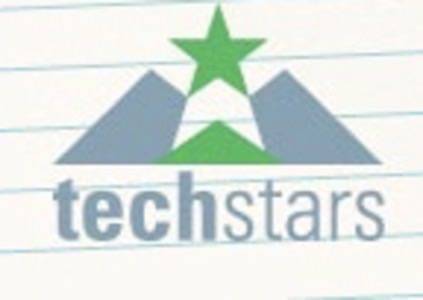Entrepreneurship in Europe has a problem. A lot of their talent is “crossing the pond” to increase their chances of finding early-stage funding. A lot of venture firms in Europe tend to play the safer hands that they are dealt, investing in proven companies rather than new startups looking for seed funding. Though organizations like Seedcamp are doing what they can to reverse this trend, incubators in the U.S. like TechStars are still seeing an increase of international applications, many likely from Europe.

In a recent blog post, TechStars Boston director Shawn Broderick shared statistics about the demographics of the companies which applied in both 2009 and 2010. The data showed an increase in the number of companies either wholly or partially international in nature – up from 14% in 2009 to 24% in 2010.
“My a priori expectations were that the number of [Massachusetts]-based companies had increased 2009 to 2010, but clearly I was incorrect,” writes Broderick. “I did not expect the big change in international applicants.”
Massachusetts-based applications held steady, dipping slightly to 31% from 32% the previous year, while exclusively U.S.-based applications as a whole dropped from 89% in 2009 to 80% in 2010. While these aren’t drastic changes, they do imply a significant trend and echo the state of early-stage startups outside of the U.S. ecosystem.
Y Combinator founder Paul Graham would likely say that these numbers need to be higher. Graham was one of the first proponents of the so-called “Startup Visa” program which would provide a special visa for international entrepreneurs to bring their ideas to the States.
“The biggest constraint on the number of new startups that get created in the US is not tax policy or employment law or even Sarbanes-Oxley,” Graham wrote last April. “It’s that we won’t let the people who want to start them into the country.”
A program like the Startup Visa would give even more incentive to international startups that are already tempted by the Silicon Valley culture and the numerous opportunities presented by American incubators. Startups are one of the few industries successfully creating jobs in America during a difficult period of economic struggle.
Just today, Yelp announced it would be expanding its company to the Phoenix area and hiring 200 employees, increasing its workforce by nearly 60%. The stats from TechStars are another indication that international entrepreneurs are increasingly looking to America to get their companies off the ground – companies which could play a significant role in creating American jobs.

















